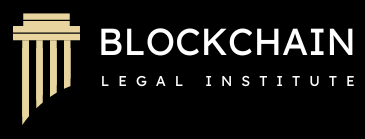The European Union is set to become a global leader in artificial intelligence regulation with the implementation of the landmark AI Act. Officially in force since August 1, 2024, the Act aims to strike a balance between fostering innovation and mitigating the potential risks posed by AI technologies.
The AI Act, proposed by the European Commission in April 2021 and finalized in December 2023, establishes a uniform legal framework for AI systems across all EU member states. It classifies AI systems into four categories based on risk: unacceptable, high, limited, and minimal.
“The EU is committed to developing an AI ecosystem that benefits everyone, but we also recognize the need to address potential harms to citizens’ health, safety, and fundamental rights,” states a representative from the European Commission.
AI systems deemed to pose an “unacceptable risk,” such as those used for government or corporate “social scoring,” are explicitly banned. “High-risk” AI systems, which include applications in healthcare, recruitment, and critical infrastructure, must adhere to stringent requirements, including robust risk mitigation systems, high-quality data sets, clear user information, and human oversight.
AI systems with “specific transparency risks,” like chatbots, must inform users that they are interacting with a machine, and certain AI-generated content must be labeled accordingly. Systems with “minimal risk,” such as spam filters and AI-enabled video games, face no specific obligations under the Act, although companies are encouraged to adopt voluntary codes of conduct.
The EU envisions the AI Act as a catalyst for innovation, promoting safer and more reliable AI systems across various sectors. “This regulation will create a level playing field for businesses, reduce administrative burdens, and foster greater trust in AI technologies,” the Commission representative added.
To further facilitate responsible AI development, the Commission has initiated a consultation on a Code of Practice for providers of general-purpose Artificial Intelligence (GPAI) models. This Code will address critical issues like transparency, copyright, and risk management. GPAI providers, businesses, civil society representatives, and academic experts are invited to contribute their insights, which will inform the Commission’s upcoming draft of the Code of Practice.
The provisions on GPAI are slated to take effect within 12 months, with the Code of Practice expected to be finalized by April 2025. The AI Office will oversee the implementation and enforcement of the AI Act’s rules on GPAI.
Visit attached link to learn more about the AI & Partners AI EU Training.
Disclaimer: This article provides a general overview and should not be construed as legal advice. Businesses should consult with legal professionals to ensure full compliance with the EU AI Act.

